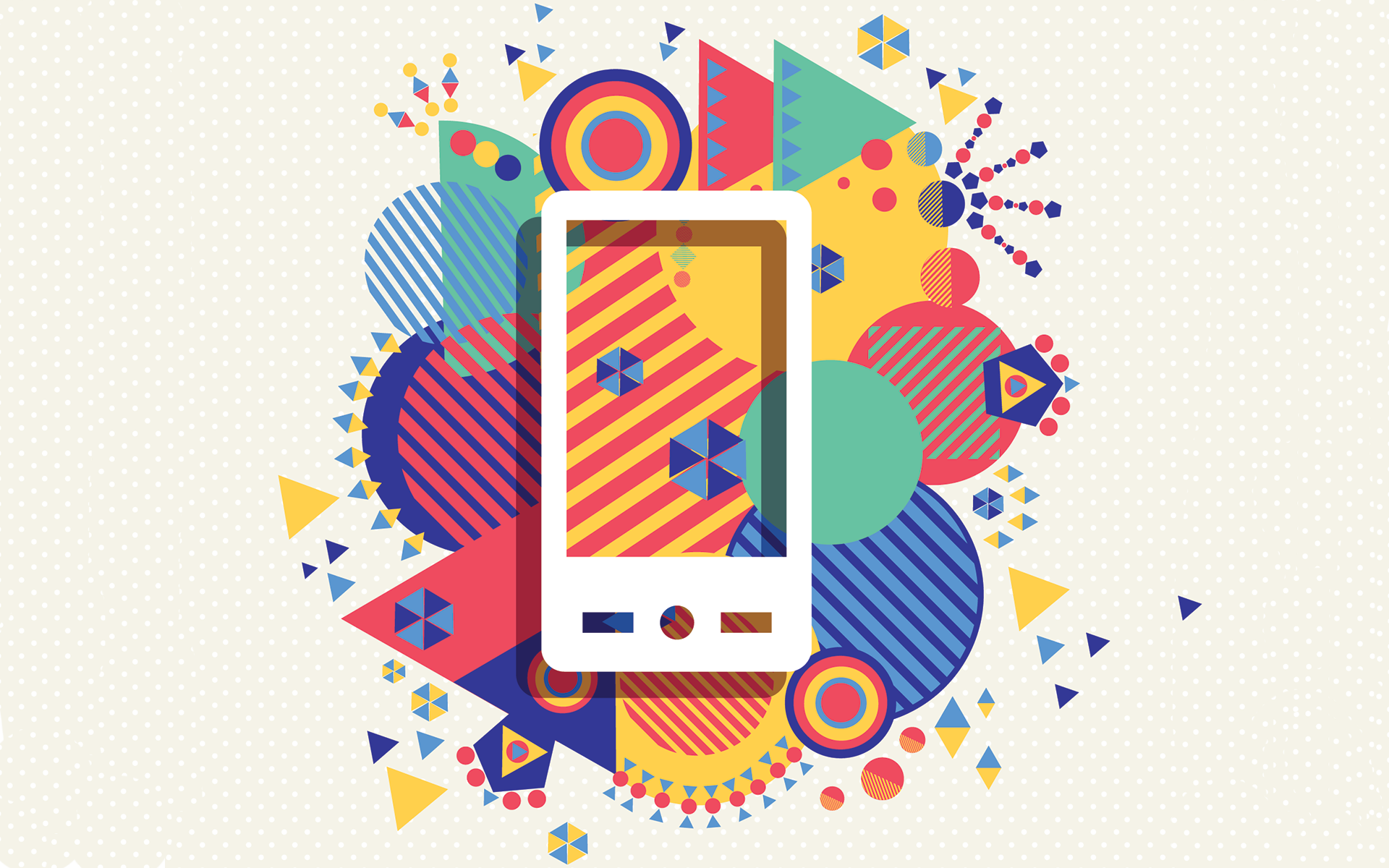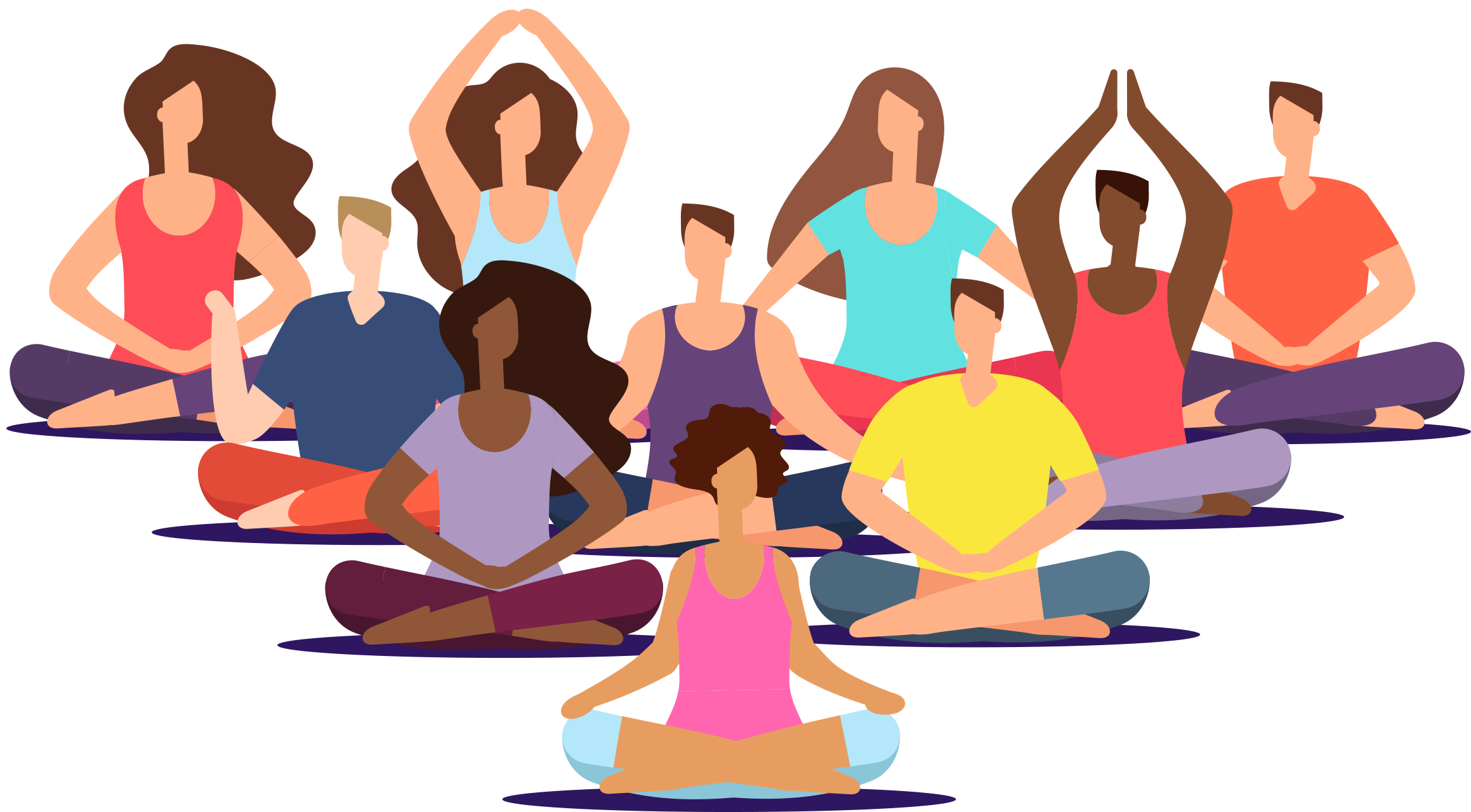By his own admission, Justin Michael Williams is used to being the “token black guy” in the meditation community.
“My mission was never ever to be a meditation teacher,” he explains. “It just ended up being, ‘Ok, this practice has changed my life, let me share it.’”
As a musician, public speaker and soon-to-be author, Williams says he considers his practice to be “the glue that holds my whole life together.”
But before meditation would bring his life together, everything had to fall apart.
Bringing Meditation Home
William grew up in Pittsburg, California, in a neighbourhood plagued by gun violence. At home, he witnessed his mother survive domestic abuse.
“My adaptation to all of it was to just be as smart as I could, so I could get out,” he says.
He pushed himself to keep it together and focus on school, eventually winning a scholarship to UCLA. Yet when he finally left home, he found all of the painful emotions he had been pushing down for so long resurfaced, resulting in a damaging eating disorder.
In seeking out help, he was directed to try yoga and meditation.
“Back then I didn’t know any black people doing meditation or yoga,” he says. “Long story short, I started going to these meditation workshops and I hated them.”
A chance encounter with Lorin Roche, the author of Meditation Made Easy, changed everything.
“He basically said, ‘If you want to learn to meditate, come meet me at the beach tomorrow at nine,’” Williams says. “I did—and my life changed forever that day.”
“The questions change. It’s like: how do I empower myself to overcome these things, how do I deal with the trauma that I’m facing, how do I break these generational patterns of stuff that’s holding me back?”
Williams went on to apprentice with Roche for three years. As he became more and more involved with the meditation community, he recognized the need to include—and involve—more people of color. But it wasn’t until the results of the 2016 presidential election that he felt a renewed sense of urgency.
“That’s when I really said hold on, how do I bring this practice that has helped me to a community that is not getting it?” he recalls.
Hoping to reach a more diverse group than those who usually attended the retreats and tours he’d taught at, Williams began to host free meditation sessions in LA, which drew LGBTQ+ people and people of color.
For Williams, the experience was eye-opening.
“When I’m teaching in the rooms that are primarily privileged the questions are: how do I relax, I’m so stressed, how do I be more zen? Which I think are all super important questions, and the practice has helped me in those ways,” he acknowledges.
But when working with marginalized groups, he says, “The questions change. It’s like: how do I empower myself to overcome these things, how do I deal with the trauma that I’m facing, how do I break these generational patterns of stuff that’s holding me back?”
Helping People Heal From Systemic Trauma
Once he began working with underserved communities, Williams quickly realized there were only so many people he could help at once. He decided to work on a book, both to offer as a resource and to inspire others like him to teach.
His book, Stay Woke: A Meditation Guide for the Rest of Us, will be released in February 2020. It tackles the struggles not typically found in meditation books, including overcoming homophobia, reckoning with personal trauma, and dealing with stress induced by poverty.
“It’s still meditation, mindfulness, and I didn’t make that up,” he says. “But what’s new about it is the context that I put it in.”
Looking back on his childhood, Williams recognizes that he was dealing with a trauma that was bigger than himself—and it’s one he says he sees many students still grappling with today.
Looking back on his childhood, Williams recognizes that he was dealing with a trauma that was bigger than himself—and it’s one he says he sees many students still grappling with today.
“Studies are showing that kids are facing a level of PTSD today that’s similar to returning war veterans,” he says. “But there’s no ‘P’ in PTSD when they haven’t left [those environments].”
Rather than plan a traditional book tour, Williams and his team have researched the U.S. cities most impacted by violence in order to reach students in high schools and on college campuses most in need of support. The list includes Flint, Chicago, Atlanta, and Detroit.
“We’re doing an event that’s like a TED talk meets a music concert together,” he says. “What gives me chills is when you go and there’s 3,500 kids at one high school… When you teach 3,500 people in a community like that to meditate at once, and then they take these books and go to 3,500 homes, that’s a huge ripple out into the world.”
Williams is currently crowdfunding in order to provide copies of his book for free to all of the students who attend his tour.
“What I really believe is that mindfulness is about awareness,” he says. “And awareness right now in this world is calling us to take action.”
The post Breaking Generational Patterns of Suffering appeared first on Mindful.
from RSSMix.com Mix ID 8196908 https://www.mindful.org/breaking-generational-patterns-of-suffering/
























